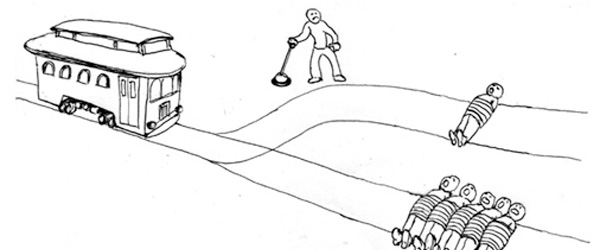With our folks now retired, and their need for two vehicles at home completely unnecessary, it seemed prudent to part ways with our big, hulking Acura SUV. Even though it has treated us well for the last two and a half years, trading the MDX in sooner rather than returning it at the end of its lease seemed to make much more financial sense. Acura's MDX is a perennial favorite among middle-class buyers, providing a solid mix of luxury accouterments and daily driver practicality. These were largely the very reasons that the MDX was so popular with our family, this being the fifth that we have owned. During its time with us, the MDX served many purposes, having been a road trip car multiple times, including at least one trip where our pup came along for the ride, a work horse, and just a daily driven grocery-getter.
Friday, October 28, 2016
Long Term Test: 2014 Acura MDX Tech FWD Wrap-up
Labels:
2014
,
6AT
,
Acura
,
automatic transmission
,
FWD
,
Long Term Test
,
MDX
,
V6
Monday, October 24, 2016
Editorial: The Trolley Problem
 |
| Image courtesy of onedio |
 |
| Image courtesy of Mercedes-Benz |
While not implicitly stated, von Hugo's answer does imply that Mercedes-Benz's autonomous vehicles will run over a group of pedestrians if it means saving the occupants inside the car, or as Jalopnik's Raphael Orlove so eloquently puts it: "My dude. Holy shit. You know what you’re saying there, right? You’re saying that a Mercedes S-Class or whatever, driving down the road, will happily if not gleefully run over a child if it guaranteed saving the caviar-guzzling millionaire inside. Not just a child. An orphan. A group of orphans. A group of sick, orphans with leprosy."
Again, this goes back to the idea that there really is no correct answer to the "Trolley Problem." For a car manufacturer, any answer given will shovel bad PR its way. Save the pedestrians? Why is your company's car killing its customers to save random people? Save the occupants? How could you let your autonomous vehicle become a rolling death machine? In the end, someone is going to be upset and someone is going to get sued.
So, readers, I pose the question to you: if you were in charge of programming the brain of a new autonomous vehicle, how would you try and solve "Trolley Problem?"
Update:
So it would seem that as I was writing this article, Mercedes-Benz has clarified that some of von Hugo's comments in the Car and Driver interview were left out. Mercedes' official stance on the problem is "...neither programmers nor automated systems are entitled to weigh the value of human lives." In short, Mercedes-Benz is now also side-stepping the question along with other auto manufacturers.
Labels:
autonomous
,
editorial
,
Mercedes Benz
,
Trolley Problem
Subscribe to:
Posts
(
Atom
)

